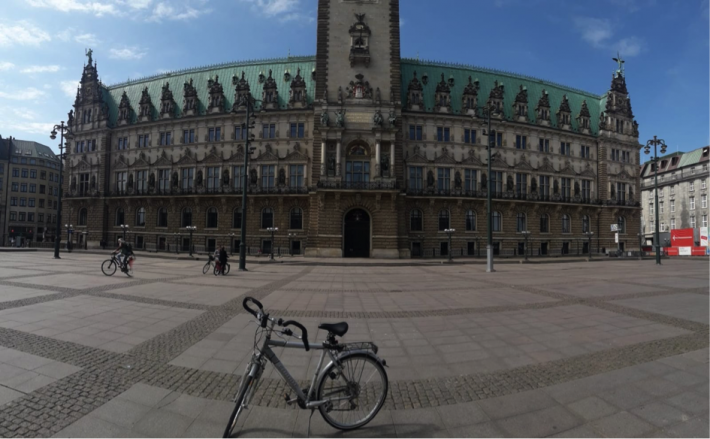The recent pandemic (Covid-19) has impacted education systems in universities around the world. The impact has been dramatic for institutions, academics, and students looking for workable short term solutions for online teaching and learning. The unique challenge facing higher education encouraged DEN to look for opportunities to stay in contact with students using online facilities. Through the academic initiative, we invited students to meet and organise feasible and appropriate projects at this time. Using Inside Westminster we have agreed that students will write an article and or provide a 5 minutes video of their reflection and experience of Covid-19. We have encouraged students from all over the world to express their stories and share them with each other, hoping that this would provide a channel not only to learn but also to engage with each other. Hence, the following articles in this section are students’ reflections/experiences of Covid-19.
The world became aware of the virus probably at the beginning of the year, but no one ever thought the impact would be like it has been. The time that we spent since March is unique, but for the ones who are abroad is more challenging. As a foreign student studying in Germany, it was such a different experience for me, with both positive and negative sides to not being able to return home.
For me, in the beginning, like for many others, it was total chaos. The cities which were full of people, joy, and noise turned into ghost towns. It caused the cessation of all activities, which reminded us actually how many activities we do in our daily routine. Mutual concerns for yourself and your relatives is only of the emotional challenges we had. However, quarantine and other restrictive measures were the perfect times to know yourself, and if able, to improve yourself.
We started our education online, which had a variety of effects for different people. But that made me realise that even the most boring class in the classroom had given something to me since I find the efficiency of online education to be questionable. It is heñpful to at least allow people to access education in one way, accessing classes, however, the possibility of gaining knowledge is still debatable.
When it comes to dealing with the virus, I can objectively say that Germany did a successful job in handling it. Considering the population and demographic features of the country, the number of infected people and deaths are considerably low. While tackling it, they also allowed people to live in a very human way. None of the measures was as tough as other European nations, even in the days of the highest number of cases were reported. Even if the local governments had the capacity to enforce numerous restrictions, nobody triggered strict measures. Today, I can easily say that Germany is on the edge of defeating this virus, and people are outside and enjoying their lives again.
Bulut Arın Taştan, MA, European Studies, Europa-Kolleg, University of Hamburg
